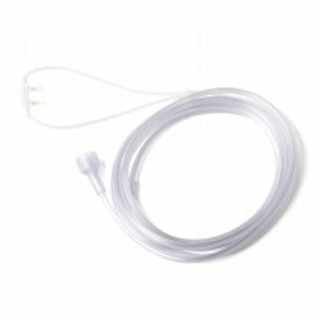Monitoring Your Senior Loved One's Diet During the Holiday Season
Start by considering any dietary restrictions or medical conditions. If your loved one follows a low-sodium or low-sugar diet, ensure there are appropriate options available at holiday gatherings. For example, prepare side dishes with less salt, opt for herbs and spices for flavor, or choose naturally sweetened desserts over sugary ones. Including whole foods like fresh fruits, vegetables, lean proteins, and whole grains can help balance out the richness of traditional holiday fare.
Portion control is another important factor. Overeating can lead to discomfort or exacerbate health issues such as acid reflux or blood sugar spikes. Offer smaller portions and encourage pacing throughout the meal. Seniors may also benefit from having multiple smaller meals or snacks throughout the day rather than one large feast, as this can be gentler on their digestive system.
Hydration is often overlooked during the holiday season, but it’s crucial, especially for older adults who may not feel thirsty as readily. Encourage regular water intake and provide festive non-alcoholic drink options like infused water, herbal teas, or sparkling water with a splash of fruit juice. If they choose to have alcohol, monitor their consumption and ensure it doesn’t interact with medications.
Finally, involve your senior loved ones in meal planning and preparation. This not only gives them a sense of inclusion but also ensures their preferences and needs are considered. Whether it’s adapting a traditional recipe to make it healthier or introducing a new dish they’ll enjoy, small adjustments can make a big difference. Remember, the goal is not to restrict but to create a balance that allows them to enjoy the holidays while maintaining their health and well-being.
Sponsored by SafeWell Medical Supply. Your one-stop-shop for all of your home and commercial medical supply needs. We feature fast and free shipping.



















